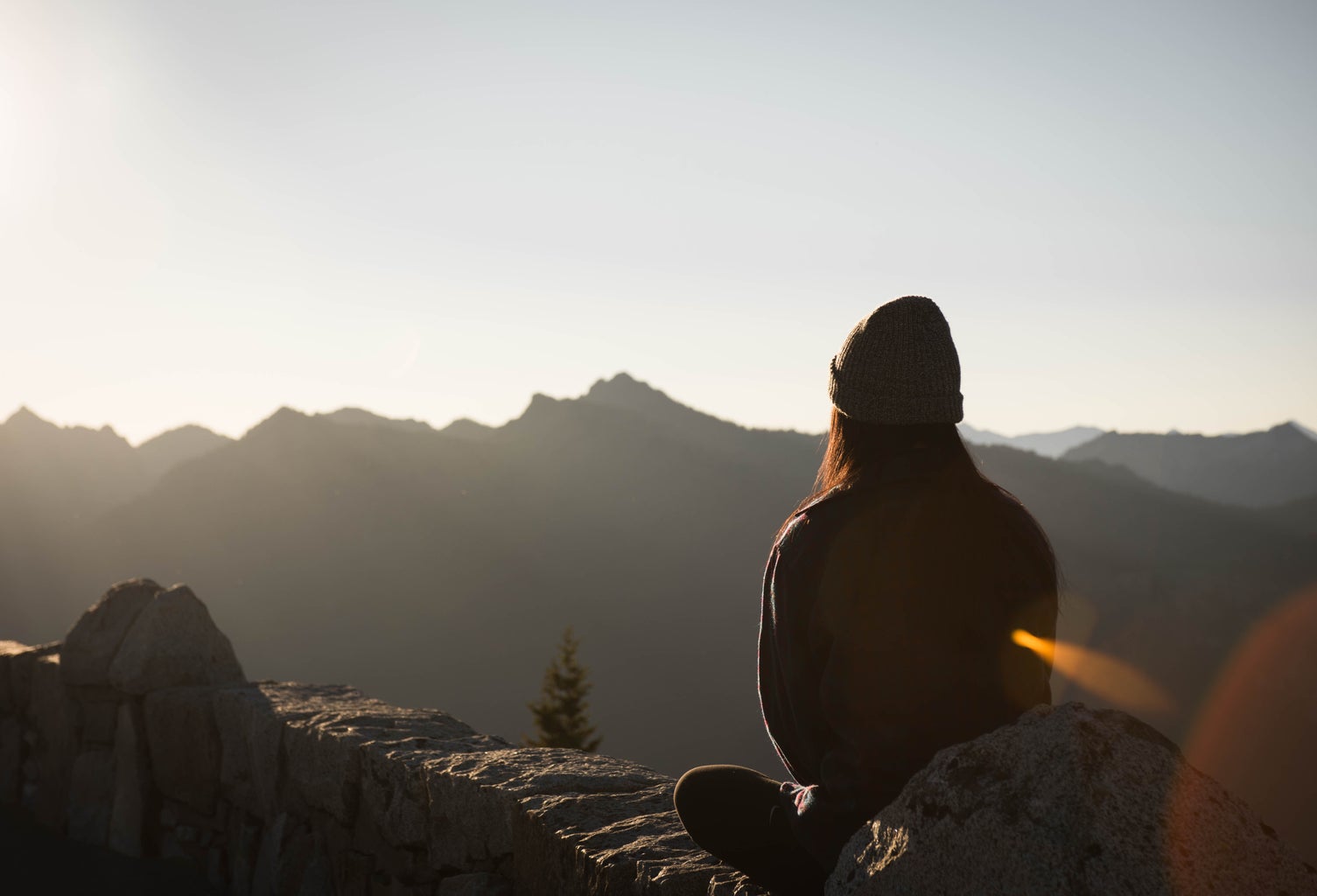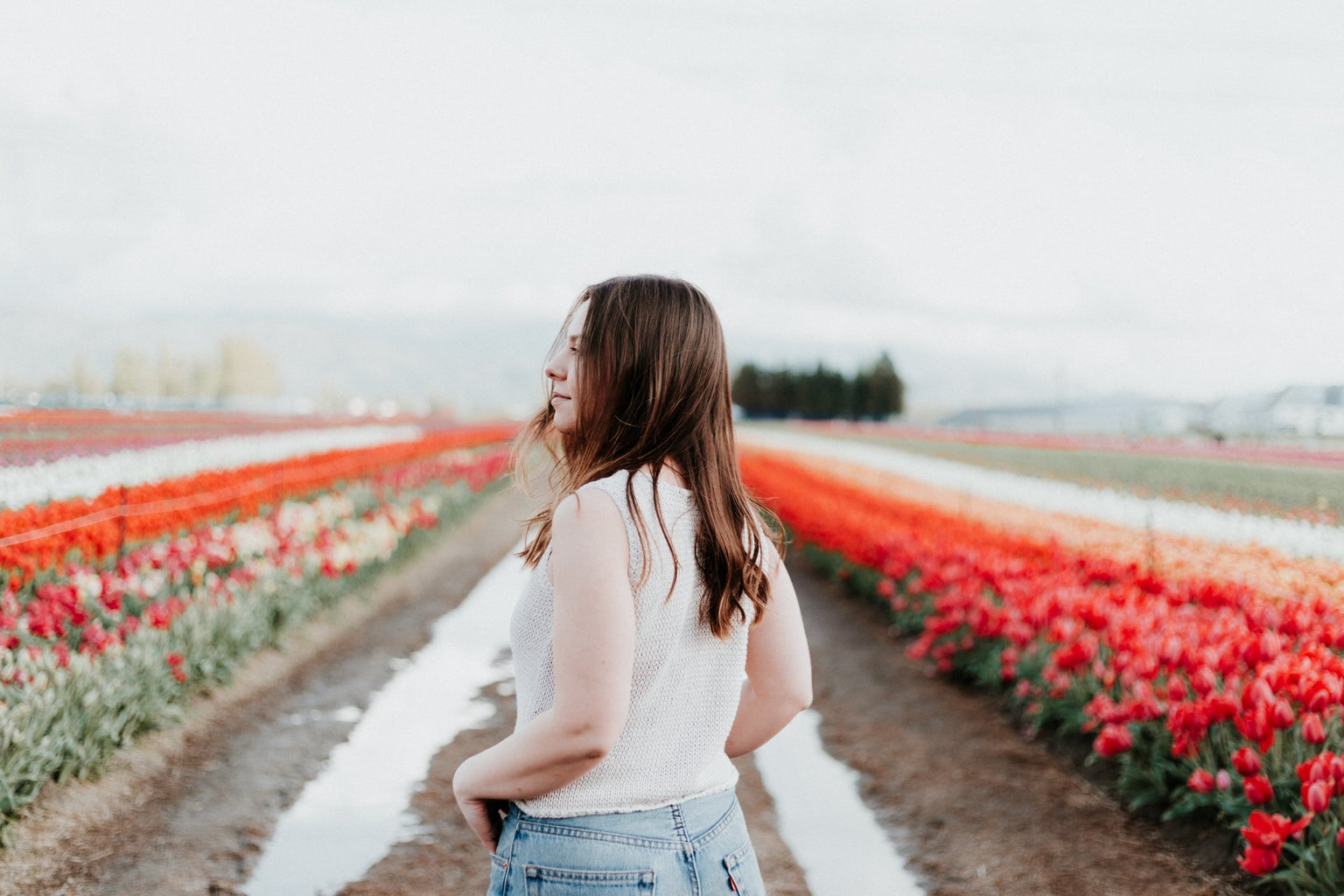When I reflect over the past two years since March 2020, it is easy to see that discussions of mental health have never been more important. Uncertainty, isolation, political unrest, sickness and loneliness exacerbated a mental health crisis that had been churning for years, slowly building momentum, and spreading a dark shroud over the lives of so many people. Mental illness is complex and can present itself in hundreds of ways, and it often doesn’t exist alone. Rather, it claims corners of the mind and presents challenges to daily function along a spectrum of disorder. Treatment is just as complex, from little things like self-care to medications, cognitive behavioral therapy, and other forms of symptom management. For those who never get the opportunity to acquire treatment or for those who do not have social support in their mental health journeys, it is important to highlight the little things that can be done to help. These little things may not be solutions for everyone, but I have found that taking care of yourself in small ways is quintessential to the beginning steps towards recovery.
There is something that I am hesitant to admit about the past two pandemic years—for all the uncertainty, tension, doubt, sickness, and loneliness, my anxiety has improved. I understand what a privileged statement this is, and I acknowledge that for so many people the past two years have been unbearably hard. I have spent some time trying to understand why I haven’t been feeling as anxious when that used to be my normal state of functioning. Perhaps the pandemic gave me time to think of better coping strategies. Perhaps it gave me time to be with friends and family and build even deeper social supports. Perhaps it gave me time to be by myself in nature. The important thing is that it has given me time. Time to exist, to simply be. Time for myself, time also for others. Time to rest.
We have never been so stimulated as a society. Everywhere you turn something demands your attention, from the trivialities of everyday life to the constant flashing lights of our cellphones, to the stress of college and classes and work. I hadn’t realized that I was overworking myself because I didn’t know that it was an option to rest. I didn’t know that what I was doing had been too much—I was trying to keep up with my peers around me, with my friends who were handling their busy schedules (much better than I was, or so it seemed), and beyond wanting to fill my weeks with extracurriculars and classes, I genuinely enjoyed these thing. I loved being busy. My parents often joked that I lived at my high school, but the truth is that I wouldn’t have wanted it any other way.
When Covid-19 began its initial attack in the United States, the things that I was most devastated about being cancelled were not even the hallmarks of senior year. Sure, I was sad about not having a proper graduation or prom, but even more so I was devastated at not having dance class, musical rehearsal, choir, and voice lessons. These things had been constants in my life for so long, (I danced for 14 years, and my dance teacher was like a mother to me) and so to lose them was beyond hard. And yet, my mental health improved in a dramatic way. I grieved the loss of dance. I am still grieving that loss. Yet, having a free schedule upon entering college gave me the time to do something that I had never been able to schedule, something that I couldn’t do at school or in the auditorium or dance studio—rest.
I remember getting to college and being shocked at how long the days felt. I would go to my morning classes, eat lunch with my roommates, have one or two classes in the afternoon, and then I would have to find things to do to fill the time before dinner. I started walking around campus, listening to music, and taking in the smells of the flowers and the trees. I started doing yoga in my dorm room (or rather, attempting to do yoga). I even tried meditation (however, I still haven’t mastered the art of that kind of stillness). In the evenings, I had time to do my homework. There were even days when I went to bed before midnight (perhaps the greatest shock of all!). While I missed all the extracurricular things that I loved, I felt a certain lightness that I hadn’t felt in years. I felt like I could breathe.
I realize now that I would not have been able to come into my freshman year and make friends if I had still been overworking myself. I would not have been able to adjust to life if I hadn’t given myself the time to just exist.
Now as a sophomore I have been able to add extracurriculars slowly and considerately into my schedule. I found Her Campus through a friend’s recommendation and for that I am grateful. I joined a choir. I found small ways to get involved, and yet I always try and be conscious of my anxiety. I must recognize within myself when it is getting to be too much, and I must respect myself enough to let certain things go. This is not easy, and I am working on this every single day.
If you struggle or have struggled with anxiety, then I implore you to find ways to incorporate rest into your schedule. It can be difficult to do this, particularly as we live in an environment where merit is awarded to those who do everything. While it is important to be involved in your school and community, you must take care of yourself first. Only then can you thrive in whatever you decide to do. So, go for a walk. Or talk with a friend. Or even try meditation (you will probably be better at it than I am). Whatever you do, remember to breathe. It will all be okay.





